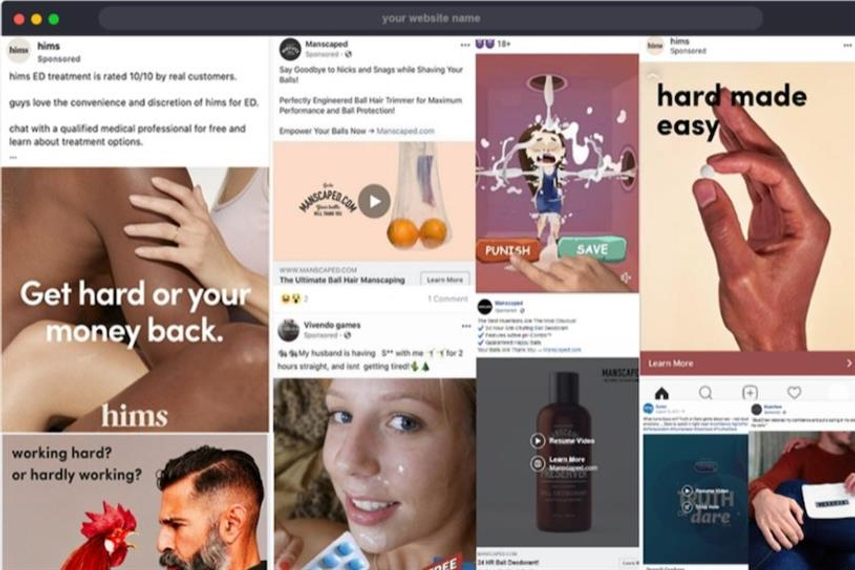Facebook disproportionately blocks ads focused on women’s health, according to a report by the non-profit Center for Intimacy Justice and Origin, a pelvic floor physical therapy startup.
According to the report, which surveyed 60 companies over the last three years, Facebook rejected and censored ads submitted by all (100%) of women’s health startups focused on menopause, pelvic pain, pregnancy, postpartum care, menstrual health, fertility and sexual wellness on both the Facebook platform and Instagram. Companies that were censored include VFit, Intimate Rose and Genneve.
About half of the companies surveyed had their accounts suspended by Facebook at some point.
Of all the companies surveyed by the report, 59 were founded and led by women, with one led by a nonbinary individual.
The study shows a disproportionate impact against women and women’s health conversations on Facebook’s platforms, said Jackie Rotman, founder and CEO at the Center for Intimacy Justice.
“We think this is a fixable problem,” she said. “We want Facebook to make this a priority. The adult policy needs to be revamped entirely. It's being applied in ways that are discriminatory and harmful to women and people of diverse genders and other underrepresented groups.”
Women founders whose ads were actioned received notice that they had violated Facebook’s “adult products” policy. According to Rotman, ads most frequently flagged included words or phrases such as “vagina” and “vaginal dryness.”
Still, according to the research, men’s sexual wellness brands that depicted sexual innuendos from brands including Hims and Manscaped, were allowed to run on Facebook’s platforms without penalty.
Disproportionately blocking women’s health ads not only impacts brand visibility for female founders, but makes it difficult for them to explain their products to consumers, Rotman said. As a result, women and medical providers are unaware of products that could treat certain conditions.
For instance, companies advertising lotions for vaginal dryness were required to take the word ‘vaginal’ out of their ads, obscuring the use case of the product.
“If you're advertising lotion, no one knows that what you're talking about can help them through a really sensitive and difficult change in their life,” Rotman said.
Rotman believes one of the underlying reasons for the inequity is the cultural stigma around women’s sexual health.
“Women's sexual health is seen as less important, because we're inundated with messages about men sexual wellness being a basic human right, essentially,” she said. “Whereas for women and people of diverse genders, there are disproportionate statistics around who has and who feels entitled to pleasure. I think that bias is seeping into algorithms.”
She notes that if more women were in venture capital and could advocate for and finance women’s health brands, perhaps it would eliminate some barriers.
In the meantime, the Center for Intimacy Justice will continue to work with women’s health brands to conduct further research on ad blocking on other platforms.
(This article first appeared on CampaignLive.com)

